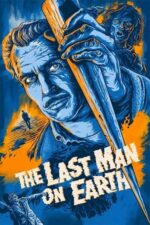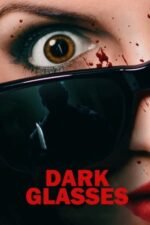Beyond Sight: Exploring Blindness on Film – More Than Meets the Eye (or Doesn’t)
Okay, let’s talk about blindness in film. It's a fascinating theme, isn't it? Not just as a literal condition—though that certainly provides ample opportunity for compelling drama—but as a metaphor for ignorance, misunderstanding, and the search for truth. We often think of cinema as a visual medium, so exploring stories centered around someone who can’t see feels inherently provocative, doesn't it?
It's easy to fall into predictable tropes when dealing with disability on screen – pity, inspiration porn (that’s a term worth looking up if you haven’t heard it!), or simply using blindness as a plot device. But the best films use it to dig deeper, to ask us uncomfortable questions about perception and connection.
Take My Christmas Guide, for example. It's a genuinely heartwarming film, but what struck me most wasn't just the professor's journey of adaptation, but the unexpected friendship that blossoms between him and his seeing-eye dog trainer. It’s not just about overcoming adversity; it’s about finding connection in vulnerability, about how sometimes losing one sense can heighten others – empathy, trust, understanding. I remember watching it a few years ago during a particularly isolating time, and it really resonated with me - the idea that even when you feel lost, there's always someone willing to guide you.
Then you have films like Sight, which tackles blindness on a global scale, intertwining personal trauma with humanitarian efforts. The film’s exploration of Wang’s past during the Cultural Revolution is particularly powerful – it highlights how societal blindness to injustice can lead to unimaginable suffering, and how restoring sight can be both literal and metaphorical. It's a reminder that true vision isn't just about seeing; it's about understanding.
But blindness isn’t always presented so straightforwardly. Afraid of the Dark takes a much darker turn, using the concept of blindness to explore a young boy’s descent into delusion and violence. It’s unsettling, yes, but also incredibly thought-provoking – forcing us to confront the potential for darkness that can exist within even the most innocent minds. It's a stark contrast to the hopeful tone of My Christmas Guide, demonstrating how versatile blindness as a theme truly is.
And then there are films like Feeling Through, which beautifully illustrates how connection transcends sensory limitations. The unlikely friendship between the teenager and the DeafBlind man is profoundly moving, reminding us that empathy and understanding can bridge even the widest gaps. It’s a testament to the power of human connection in a world often defined by division.
Ultimately, films exploring blindness offer more than just entertainment; they challenge our assumptions about what it means to see – both literally and figuratively. They invite us to look beyond the surface, to confront our own biases, and to appreciate the richness and complexity of the human experience. So next time you’re looking for something a little different, consider seeking out these films—you might just find yourself seeing the world in a whole new light.
What do you think? Any other films that come to mind when you consider this theme?







































